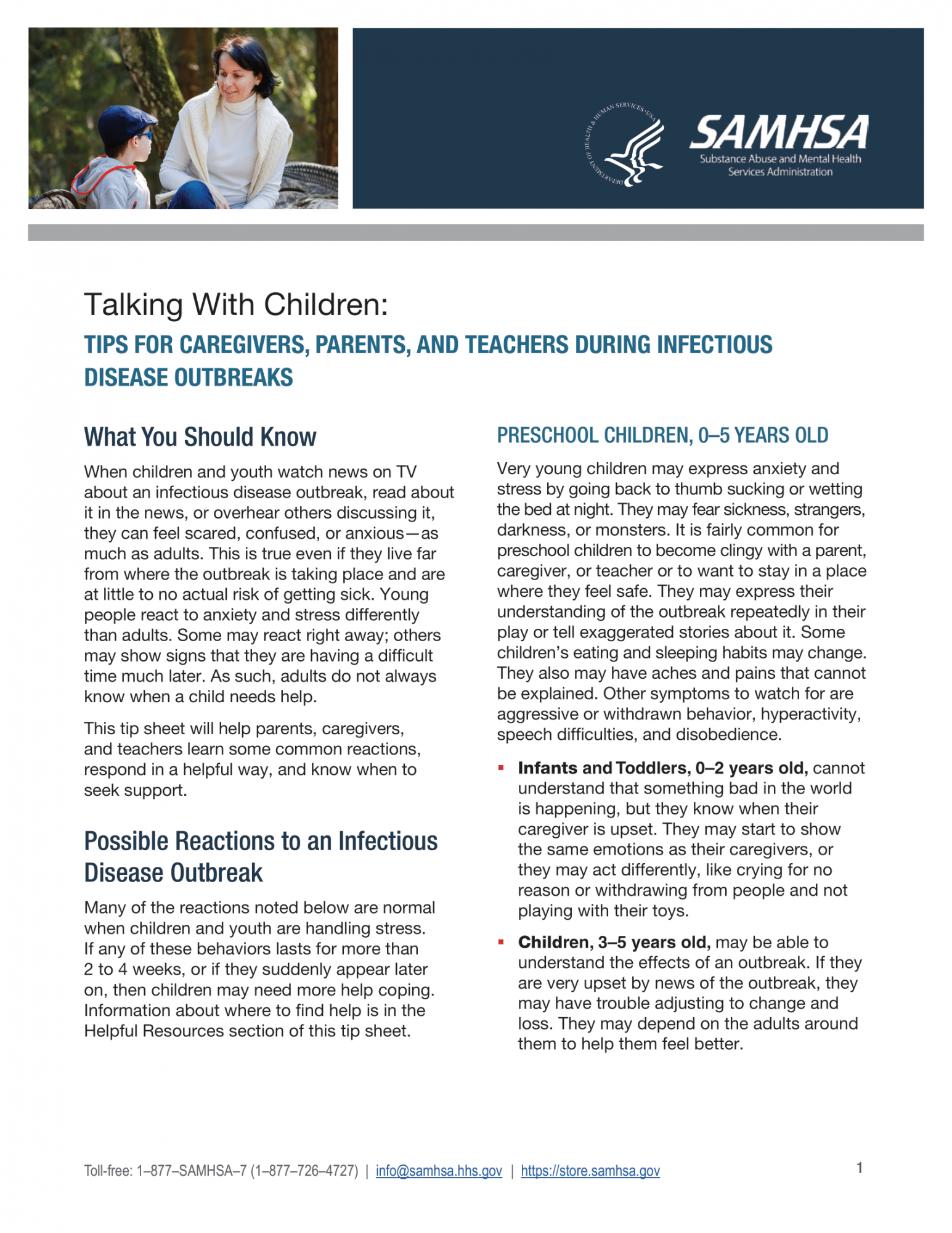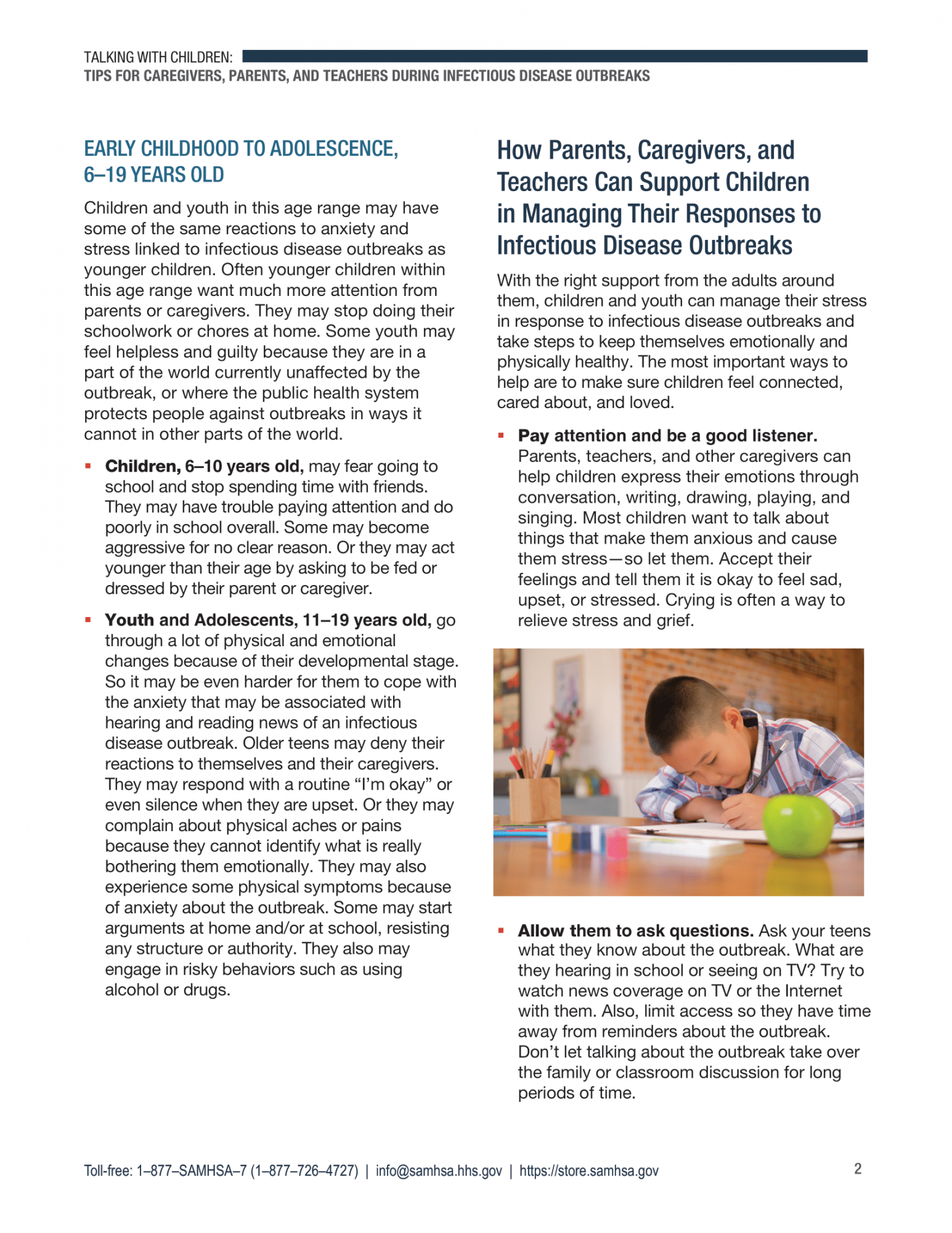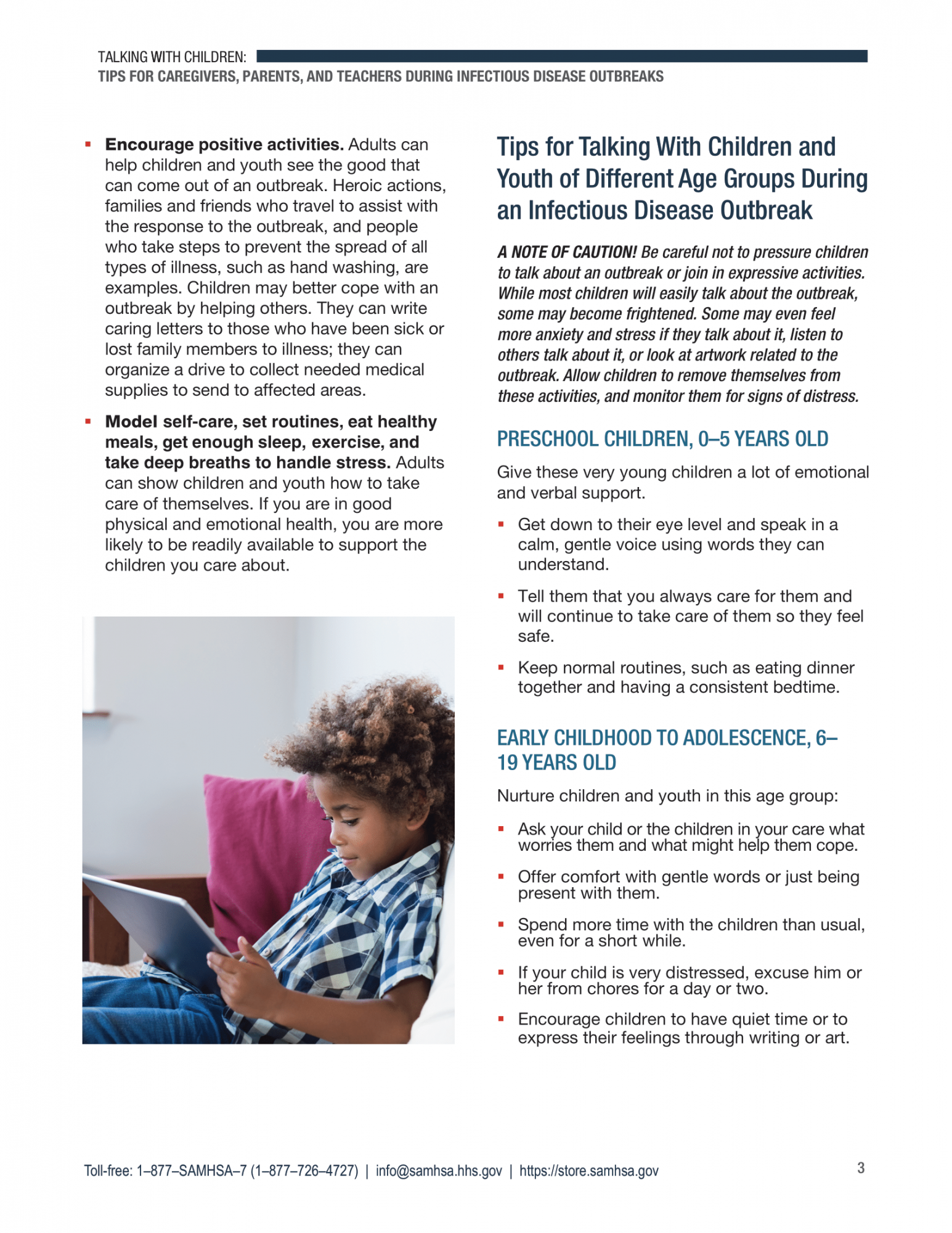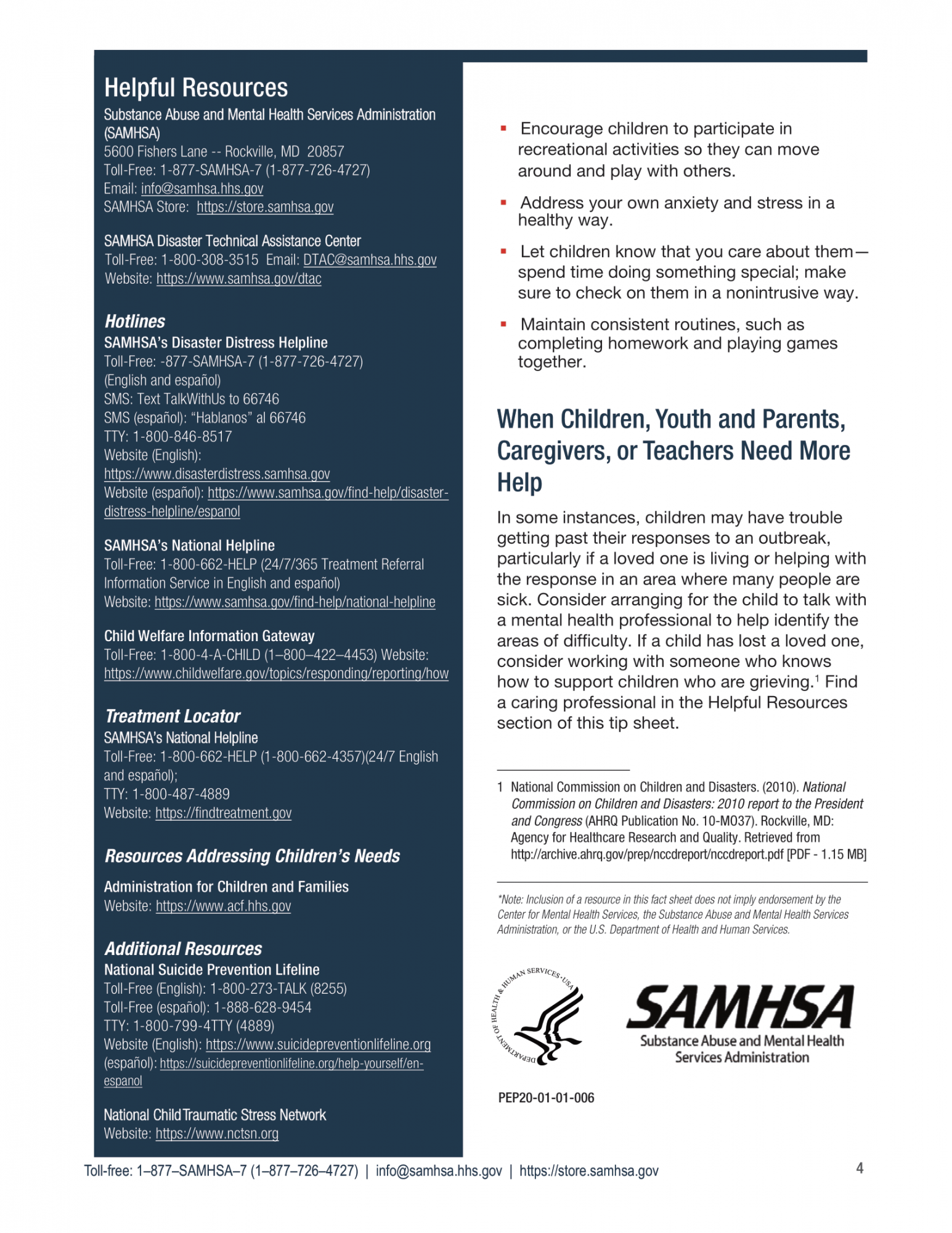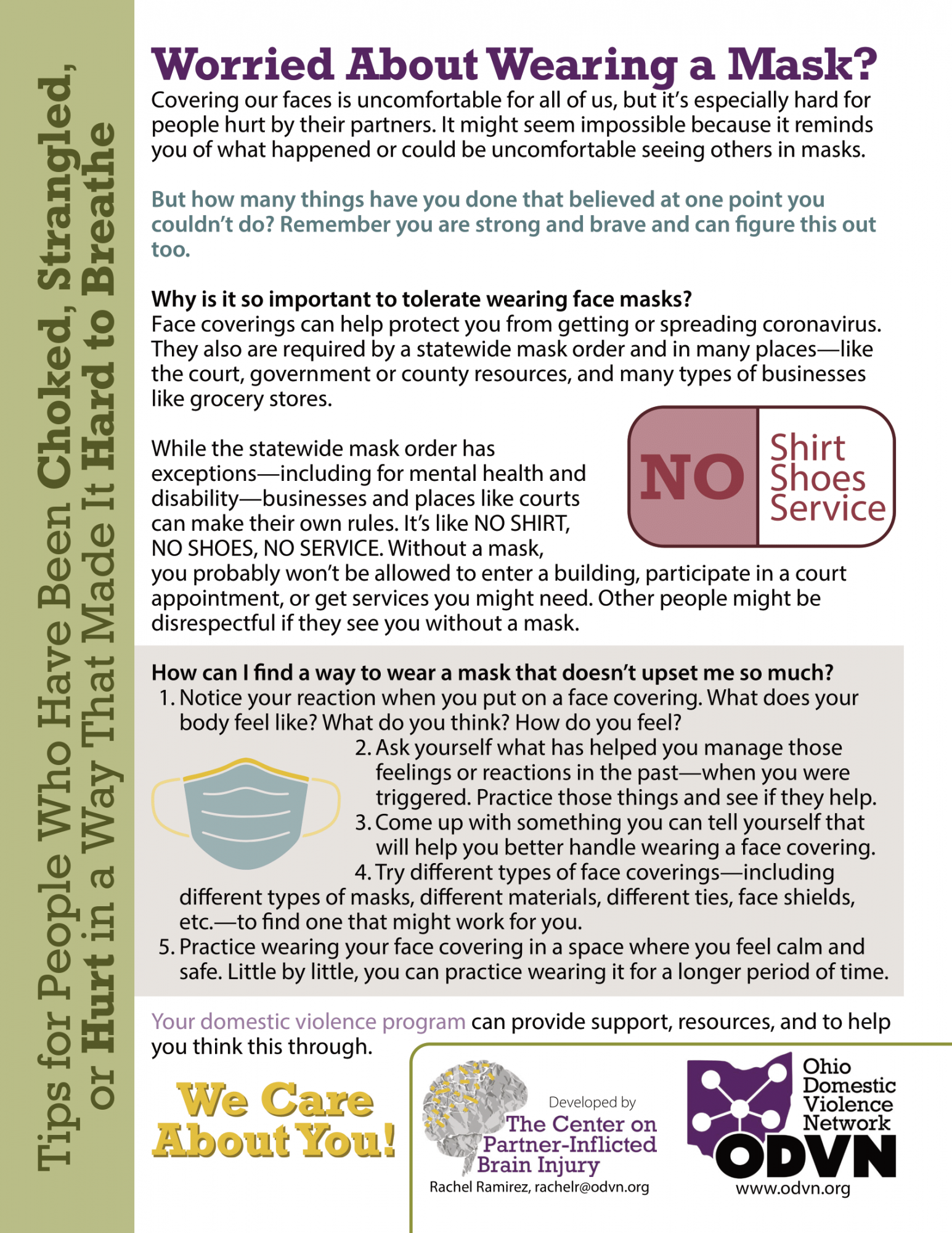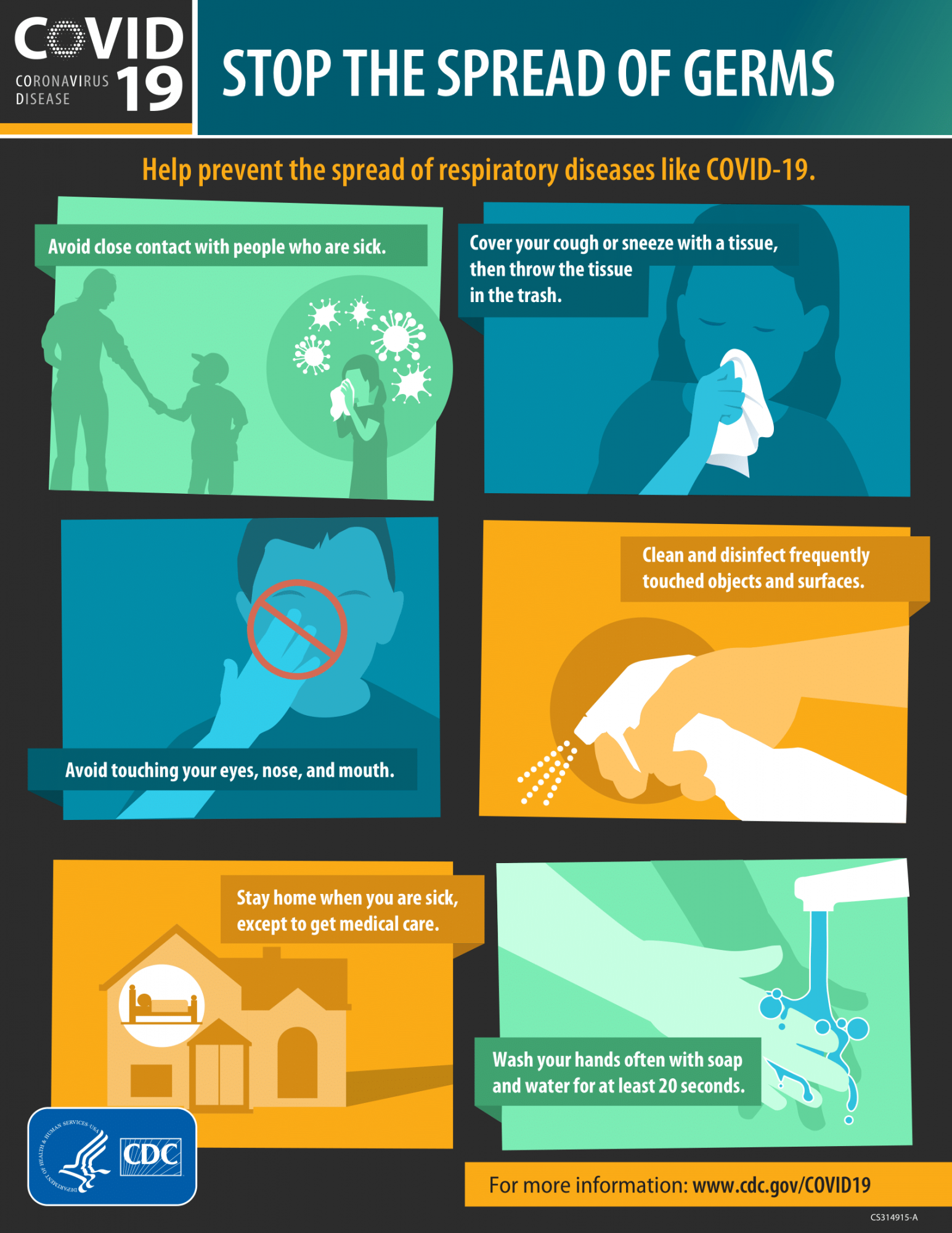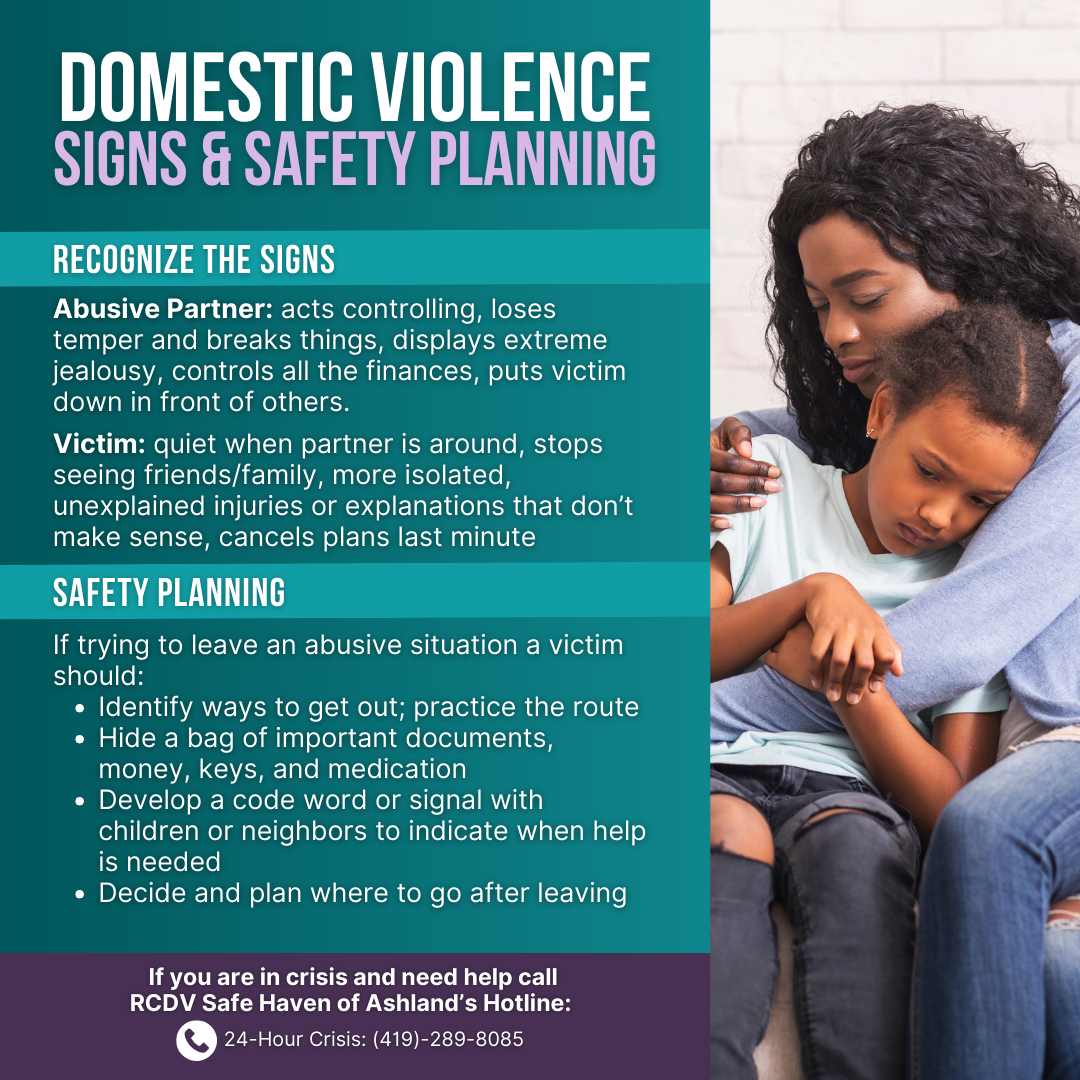Tips to Manage Stress & Anxiety for Parents & Children
Common Sense Media has an abundance of resources for de-stressing, and the Center for Disease Control and Prevention (CDC) suggests numerous ways to manage stress and anxiety. Knowing the facts and the actual risks can help reduce stress in yourself and others. Take time to have conversations with your kids about their questions, concerns, or fears. Follow healthcare guidelines to model preventative care, and follow these tips and strategies to help structure your day:
Temper your expectations, and be kind to yourself—Remember, most of us were not prepared for this. Anxiety, fear, worry, and grief—these are all NORMAL reactions to abnormal circumstances. Laundry piles, dirty dishes, messy rooms—do what you can. And while we always suggest monitoring the use of children’s screen time, both how much and what they are watching, this may be a time where children have more screen time than they are accustomed to. Just make sure that your children are practicing safe online behavior. Here are some tips.
Embrace a rigid state of flexibility—Most children of all ages thrive when they have predictable routines. If your children are pre-school age or older, have them participate in the development of a daily schedule. When (not “if”) the schedule gets derailed, see Tip 1 above!
Find ways to stay informed—There is a constant barrage of information regarding COVID-19, and it is challenging to know what to think. Find trusted sources and limit your exposure to this material. Social media can be a major source of social support, but can also create feelings of fear, panic, and, for some, feelings of inadequacy. If seeing pictures of well-organized kitchen tables, Pinterest boards of fun activities, from those who you perceive “have it all put together,” are causing you distress, reconsider your relationship with social media for the time being. Talk with people you trust about your concerns about how you are feeling.
See the world through your children’s eyes—Do you remember what it was like to be a kid? Do you remember how boring it was to watch the news? Do you remember how cool it was when your parents did spontaneous things with you?
- Roast marshmallows on the bbq
- Go “camping” in the living room
- Make a pillow fort
- Create a nature scavenger hunt
Learning can be fun—With uncertainty about the return to school, many parents are fretting about the potential loss of academics for their children. Fortunately, daily activities carry immense opportunity for learning:
- Cooking teaches science and math
- Yard work teaches about nature and can inspire creative art projects
- Reading together enriches vocabulary and listening skills
Take care of your body—Take deep breaths, stretch, or meditate. Try to eat healthy, well-balanced meals, exercise regularly, get plenty of sleep, and avoid alcohol and drugs. Make time to unwind. Try to do some other activities you enjoy. Call your healthcare provider if stress gets in the way of your daily activities for several days in a row.
Source: Prevent Child Abuse America


